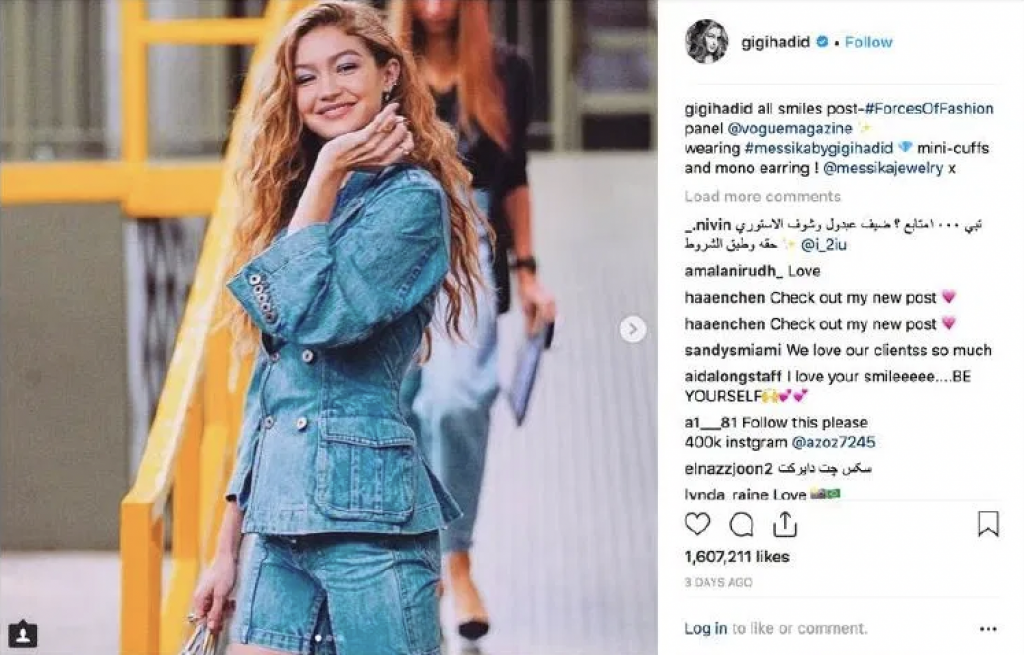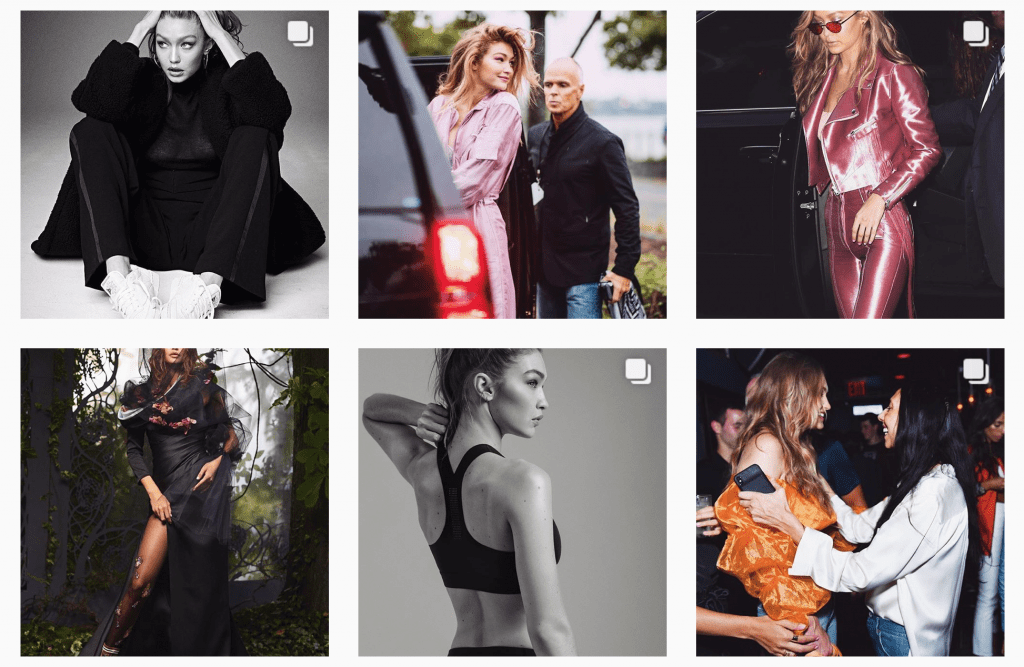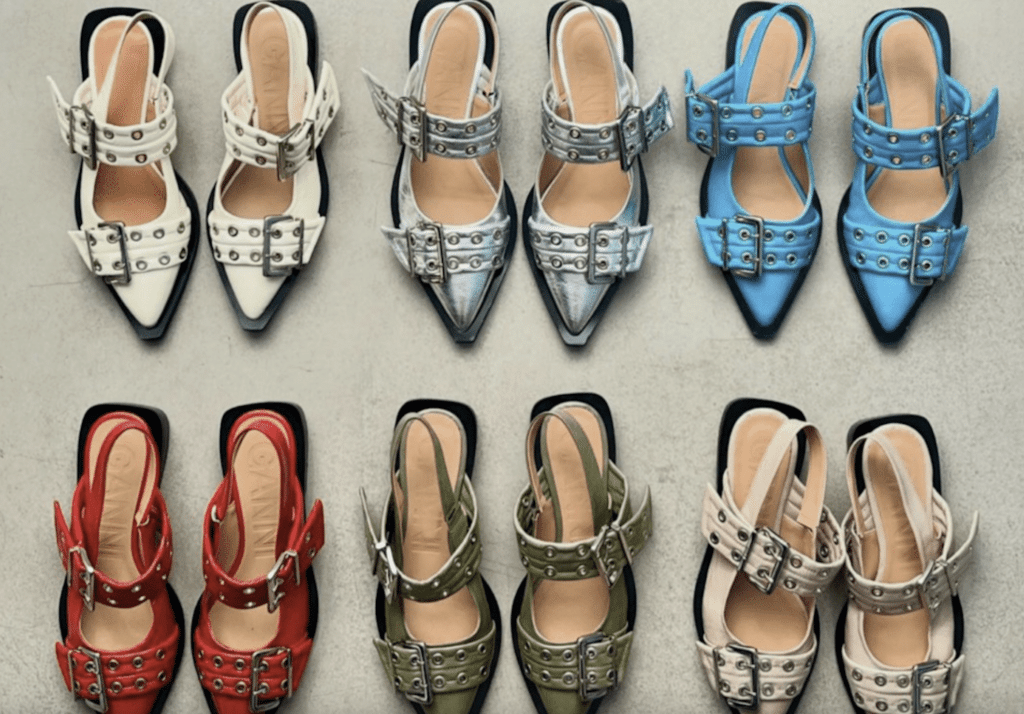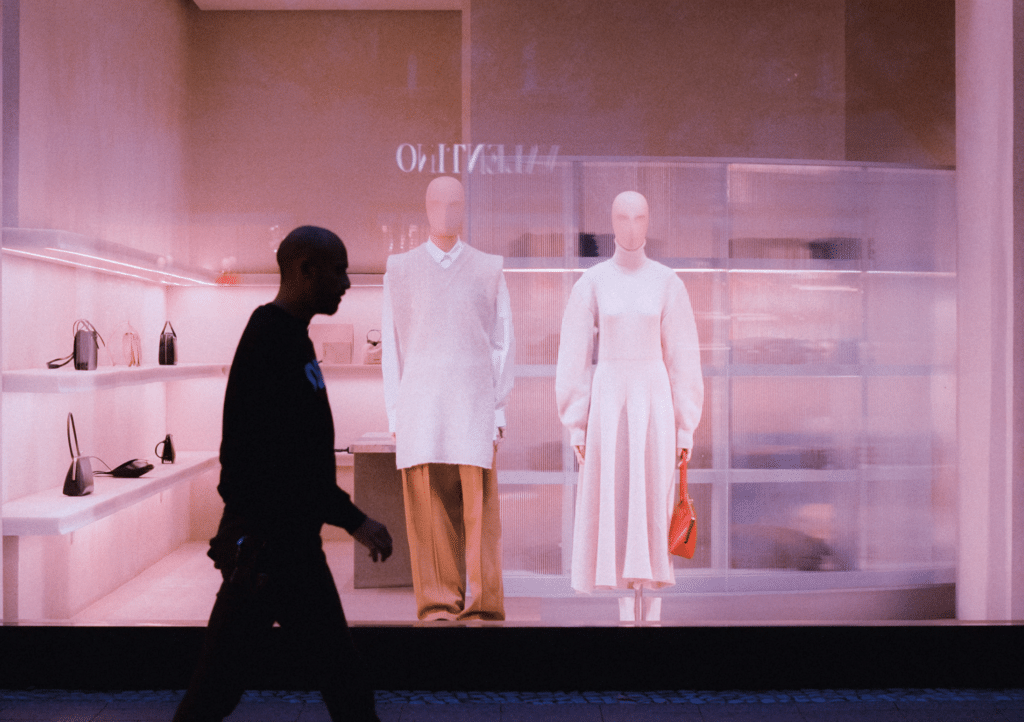The lawsuit that Gigi Hadid alluded to in a social media post last fall has been filed. In October, Hadid revealed on Instagram that she was being “legally pursued” for posting a paparazzi photo of herself on her Instagram account, and as of Monday, the 23-year old supermodel has been slapped with a copyright infringement suit. According to the complaint, which was filed in federal court in Brooklyn, New York, Hadid “copied and posted” to her Instagram account a photo belonging to XCLUSIVE-LEE, INC., “without license or permission from Xclusive.”
Xclusive’s complaint asserts that Hadid – who posted the since-deleted image to her Instagram account last year – “had first-hand knowledge that copying and posting photographs, of herself … to her Instagram or other social media accounts that she did not properly license or otherwise receive permission from the copyright holder constituted copyright infringement.”
How did she know? Well, because she has been sued for this very thing before. As Xclusive notes, “Hadid was named as a defendant … in a [previous] lawsuit alleging copyright infringement” after she posted a different photo of herself on her Instagram account without licensing it from the copyright holder.
“Although the case was settled prior to the discovery stage of litigation, the facts alleged in [that case],” according to Xclusive, “are nearly identical to the facts alleged in the present case, including the allegation Hadid copied and posted Plaintiff Cepeda’s copyrighted photograph (of Hadid on a public street in New York City) to Hadid’s Instagram and Twitter accounts without license or permission from [the copyright holder.”
This is hardly an isolated incident. The complaint goes on to assert that “as of the date of this filing, Hadid’s Instagram account includes at least fifty examples of uncredited photographs of Hadid in public, at press events, or on the runway. Most if not all of these photographs were posted by Hadid without license or permission from the copyright holder.”
With this in mind, Xclusive sets forth a claim of direct copyright infringement. Since the photo agency is the exclusive holder of the copyright for the image at issue – regardless of who appears in that image – Hadid’s displaying of the image without Xclusive’s authorization is a “willful and intentional” breach of the law. The agency is seeking monetary damages, as well as a court order to Hadid immediately and permanently refrain from further infringing its rights by “copying and republishing the copyrighted photograph without consent or otherwise infringing [its] copyright or other rights in any manner.”

The case comes amid a larger discussion about whether a celebrity’s right to control how others’ profit from his/her likeness should extend to paparazzi photos. At least some celebs, including the Kardashians, have argued that there is a right of publicity case to be made against photo agencies/paparazzi photographers, who have built businesses by taking and then licensing often-unauthorized photos of celebrities.
This is precisely one of the arguments that football star Odell Beckham Jr. put forth in the lawsuit he filed against photographer Miles Diggs and California-based Splash News & Picture Agency for allegedly attempting to “extort” him into paying $40,000 after he posted a photo of himself on his Instagram account. Beckham argued in his complaint that “the only reason that the photos [at issue] have any value is because they depict [him].”
That case – which is still underway in a federal court in Louisiana, with trial set to begin in February – will prove interesting, namely in terms of how the court balances celebrities’ right to control the commercial use of their images with the First Amendment newsworthiness/public interest elements that automatically come into play when public figures are involved.
Generally speaking, right of publicity statutes require that in order to use “another’s name, voice, signature, photograph, or likeness, in any manner, on or in products, merchandise, or goods, or for purposes of advertising or selling, or soliciting purchases of, products, merchandise, goods or services,” you must have that person’s consent. At the same time, explicit in the most states’ right of publicity statutes – or in corresponding case law – is language that states that such consent is not required when the “use of a name, voice, signature, photograph, or likeness [is] in connection with any news, public affairs, or sports broadcast or account, or any political campaign.”
With that in mind, it might prove difficult for celebrities – given their rabid fan bases – to argue that many instances, even their otherwise objective average outings, do not fall within this “newsworthiness” exception.
*The case is XCLUSIVE-LEE, INC., v. JELENA NOURA “GIGI” HADID, 1:19-cv-00520 (E.D.N.Y.).











